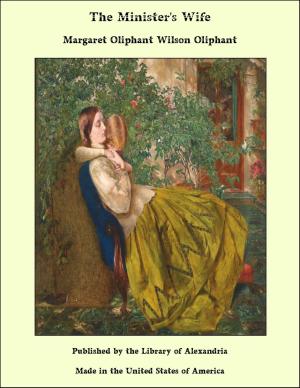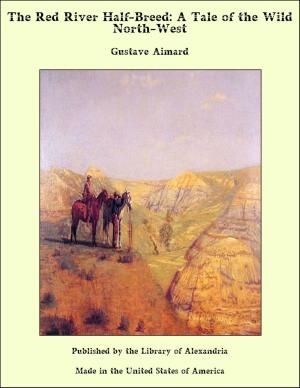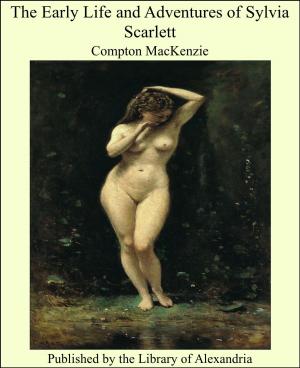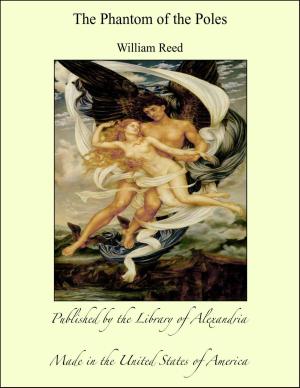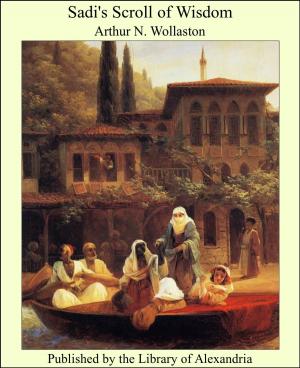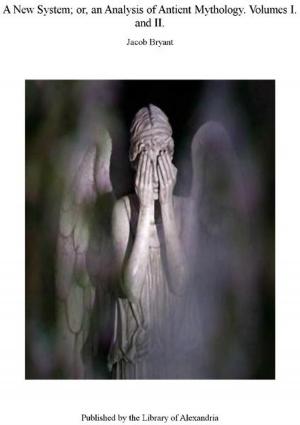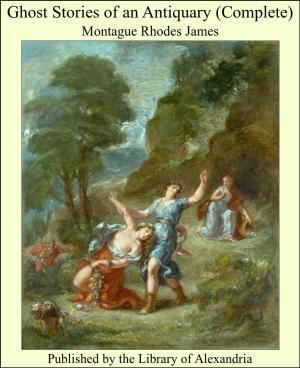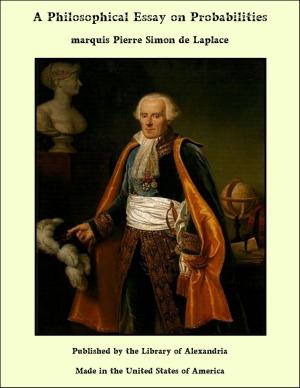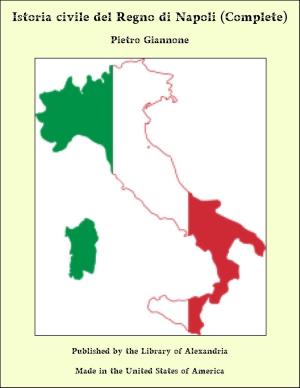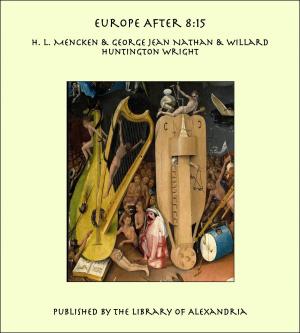On the Face of the Waters: A Tale of the Mutiny
Nonfiction, Religion & Spirituality, New Age, History, Fiction & Literature| Author: | Flora Annie Webster Steel | ISBN: | 9781465529268 |
| Publisher: | Library of Alexandria | Publication: | July 29, 2009 |
| Imprint: | Library of Alexandria | Language: | English |
| Author: | Flora Annie Webster Steel |
| ISBN: | 9781465529268 |
| Publisher: | Library of Alexandria |
| Publication: | July 29, 2009 |
| Imprint: | Library of Alexandria |
| Language: | English |
A word of explanation is needed for this book, which, in attempting to be at once a story and a history, probably fails in either aim. That, however, is for the reader to say. As the writer, I have only to point out where my history ends, my story begins, and clear the way for criticism. Briefly, then, I have not allowed fiction to interfere with fact in the slightest degree. The reader may rest assured that every incident bearing in the remotest degree on the Indian Mutiny, or on the part which real men took in it, is scrupulously exact, even to the date, the hour, the scene, the very weather. Nor have I allowed the actual actors in the great tragedy to say a word regarding it which is not to be found in the accounts of eye-witnesses, or in their own writings. In like manner, the account of the sham court at Delhi--which I have drawn chiefly from the lips of those who saw it--is pure history; and the picturesque group of schemers and dupes--all of whom have passed to their account--did not need a single touch of fancy in its presentment. Even the story of Abool-Bukr and Newâsi is true; save that I have supplied a cause for an estrangement, which undoubtedly did come to a companionship of which none speak evil. So much for my facts. Regarding my fiction: An Englishwoman was concealed in Delhi, in the house of an Afghan, and succeeded in escaping to the Ridge just before the siege. I have imagined anOther; that is all. I mention this because it may possibly be said that the incident is incredible
A word of explanation is needed for this book, which, in attempting to be at once a story and a history, probably fails in either aim. That, however, is for the reader to say. As the writer, I have only to point out where my history ends, my story begins, and clear the way for criticism. Briefly, then, I have not allowed fiction to interfere with fact in the slightest degree. The reader may rest assured that every incident bearing in the remotest degree on the Indian Mutiny, or on the part which real men took in it, is scrupulously exact, even to the date, the hour, the scene, the very weather. Nor have I allowed the actual actors in the great tragedy to say a word regarding it which is not to be found in the accounts of eye-witnesses, or in their own writings. In like manner, the account of the sham court at Delhi--which I have drawn chiefly from the lips of those who saw it--is pure history; and the picturesque group of schemers and dupes--all of whom have passed to their account--did not need a single touch of fancy in its presentment. Even the story of Abool-Bukr and Newâsi is true; save that I have supplied a cause for an estrangement, which undoubtedly did come to a companionship of which none speak evil. So much for my facts. Regarding my fiction: An Englishwoman was concealed in Delhi, in the house of an Afghan, and succeeded in escaping to the Ridge just before the siege. I have imagined anOther; that is all. I mention this because it may possibly be said that the incident is incredible

